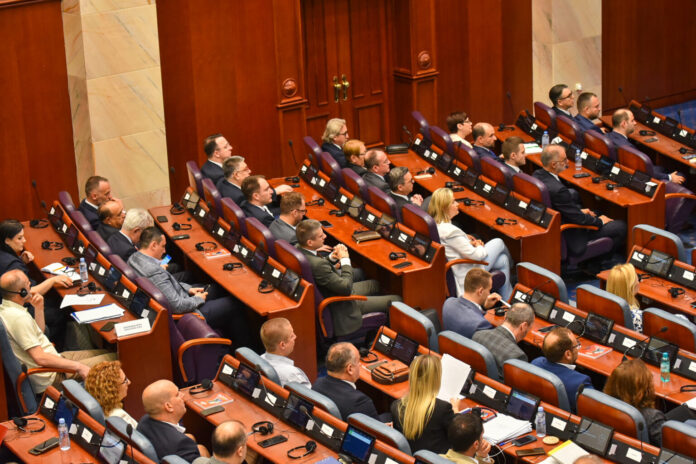Who is the Ukrainian who, as the youngest cardinal, elects the new pope?
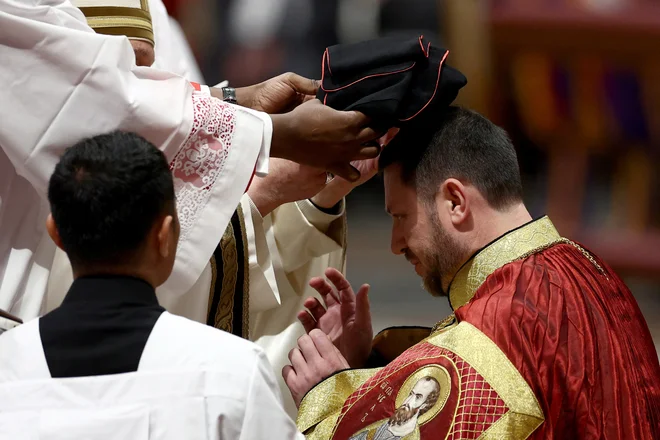
While Cardinals in the Sistine Chapel weigh the future Catholic churches, among them particularly stands out Mikola Bichok. With barely 45 years old, he is not only a fresh face between the gathered eminence, but also by far the youngest Cardinal with the right to vote. Its youth becomes even more obvious when compared to the average age of cardinals of electors, which is 70 years and 3 months – the whips is therefore younger than more than a quarter of a century. Its inclusion among electors brings not only generational freshness, but also a perspective -shaped of action in various cultures and with a strong connection with Ukraine, his native country, which is currently surviving the war, write about it the Vatican media.
The appointment as Cardinal in October 2024 was a great surprise for Bičok, then the bishop of the Ukrainian Catholic Eparchia in Melbourne. « I received the news during dinner when I had a phone off, » he told Vatican News. “When I turned it on again, there were a lot of messages. To be honest, I first thought it was a joke. ”Despite the initial shock quickly misled the weight of imposed responsibilityespecially, as he said, « for the life and the future of our whole church » and for the situation in Ukraine.
Born in the Ukrainian city of Ternopil, Bičok decided to take a religious path at the age of fifteen. An important role in his orientation was the Redemptoristic Community, known for his commitment to pastoral work. This dedication led him through various stations: after a priestly consecration in Lviv, he worked as a missionary in Russia, then performed a priestly service in Poland and in the United States (Newark). In 2020, he took over the leadership of the Eparchia of Saints Peter and Paul in Melbourne, which brings together Ukrainian Catholics in Australia, New Zealand and Oceania – a community that had about 50,000 members before 2014.
The appointment as Cardinal in October 2024 was a great surprise for Bičok, then the bishop of the Ukrainian Catholic Eparchia in Melbourne. Photo: Guglielmo Mangiapane/Reuters
Among the 135 cardinals with voting rights are 15 under 60 years of age. Behind the youngest, Mikola Bichok, are the following cardinals by age:
Cardinal Giorgio Marengo is 50 years old. This Italian missionary from the Order of Consolate has been operating in Mongolia since 2003, where the apostolic prefect of Ulan Bator is currently an apostolic prefect. He speaks Mongolian fluently, and was named Cardinal in August 2022.
Cardinal Américo Manuel Aguiar Alves51-year-old Bishop Setúbala in Portugal, had a short political career before entering the priesthood. He gained recognition by managing the World Youth Day in Lisbon in 2023, and was appointed Cardinal at the end of the same year.
Cardinal George Jacob Koovakadalso 51 years old, is born in Kerala, India. He is the Vatican diplomat of the Siro-Malabar Church and was responsible for organizing the international trips of Pope Francis between 2021 and 2024. He was appointed Cardinal in December in December, and in January of the following year as a prefect of the Dicastery for Bear Dialogue.
Cardinal Francis Leothe current 53-year-old Archbishop Toronto, was born in Montreal Italian immigrants. Prior to his appointment as Archbishop, he was the Secretary General of the Canadian Conference of Catholic Bishops, and was appointed Cardinal in December last year.
Bichok frankly talks about a conflict in Ukraine by a media outlet ABC described as « the true genocide of our (Ukrainian) people. » He emphasizes his duty to « constantly inform the Catholic Council of the events in our country. »
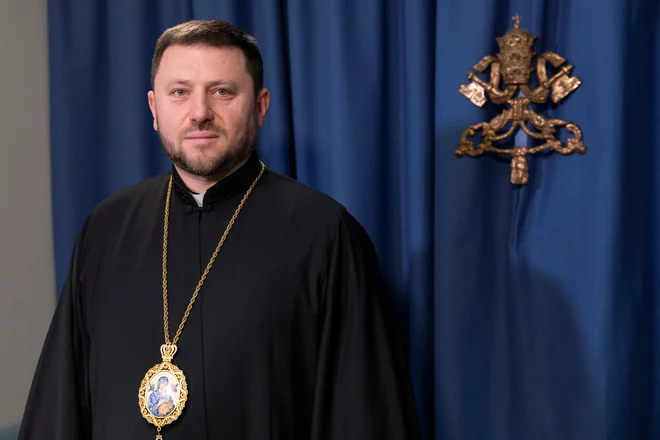
Bichok is openly talking about a conflict in Ukraine, which he described as « the true genocide of our people as ABC. » Photo: Remo Casilli/Reuters
He cites the former Ukrainian Greek Catholic Church as one of his role models, Cardinal Love Husarat which it appreciates simplicity and accessibility. He often quotes Husar’s thought: « My life dreams are human, but I’m not 100 % sure what it means to be human, although it remains my dream and prayer to be a good, normal man. » This emphasis on humanity is an important aspect of Bičok’s public activity.
Pope Benedict IX., Born as theofilact Tuskul in Rome (ca. 1012 – 1056), is recorded in the history of the papacy as a unique personality. He performed the service of the Bishop of Roman and the ruler of the papal state in three separate periods between October 1032 and July 1048. At his first election, he counted barely about twenty years, writing in history as the youngest pope of all time.
Among its priorities is the efforts of the Church for « fair peace, » not only in Ukraine, but also in other conflict areas around the world. Another important task, in his opinion, is to face secularization, a phenomenon he noticed during his work in the US and Australia. He summarized his view of achieving global peace by saying: « Peace in the world will only come when people have peace in their hearts, a true peace that comes from Christ’s love. »
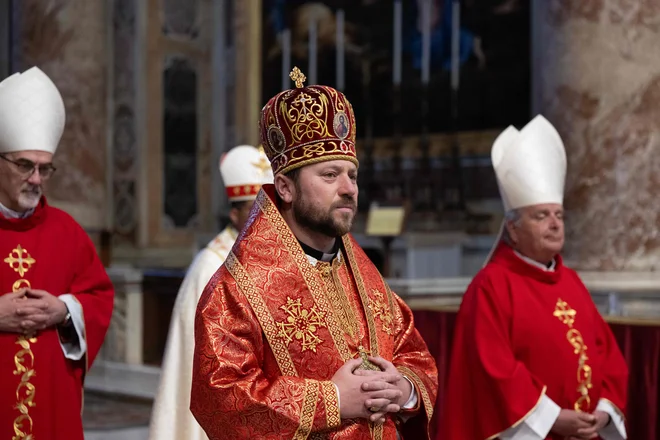
Among its priorities is the efforts of the Church for « fair peace, » not only in Ukraine, but also in other conflict areas around the world. Photo: Tiziana Fabi/AFP
Although the Vatican formally treats him as an Australian cardinal because of his current function and residence, the whips remains strongly connected to his Ukrainian roots. His Attending the Conclav Thus, it introduces a perspective of the youngest elector into the decision -making process, which also carries the experience of global pastoral work and a direct awareness of the consequences of war.

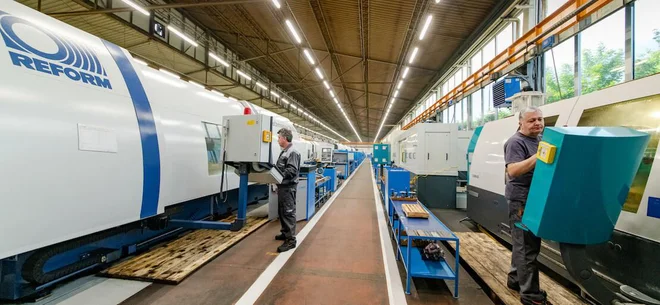
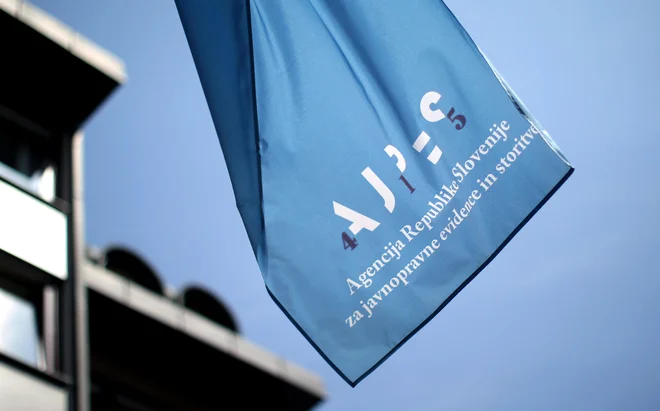
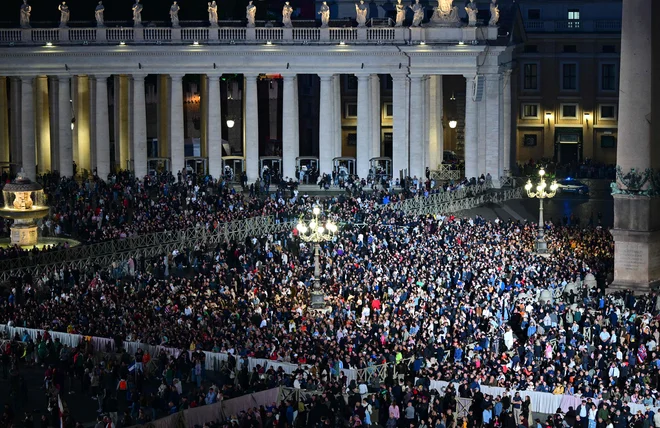
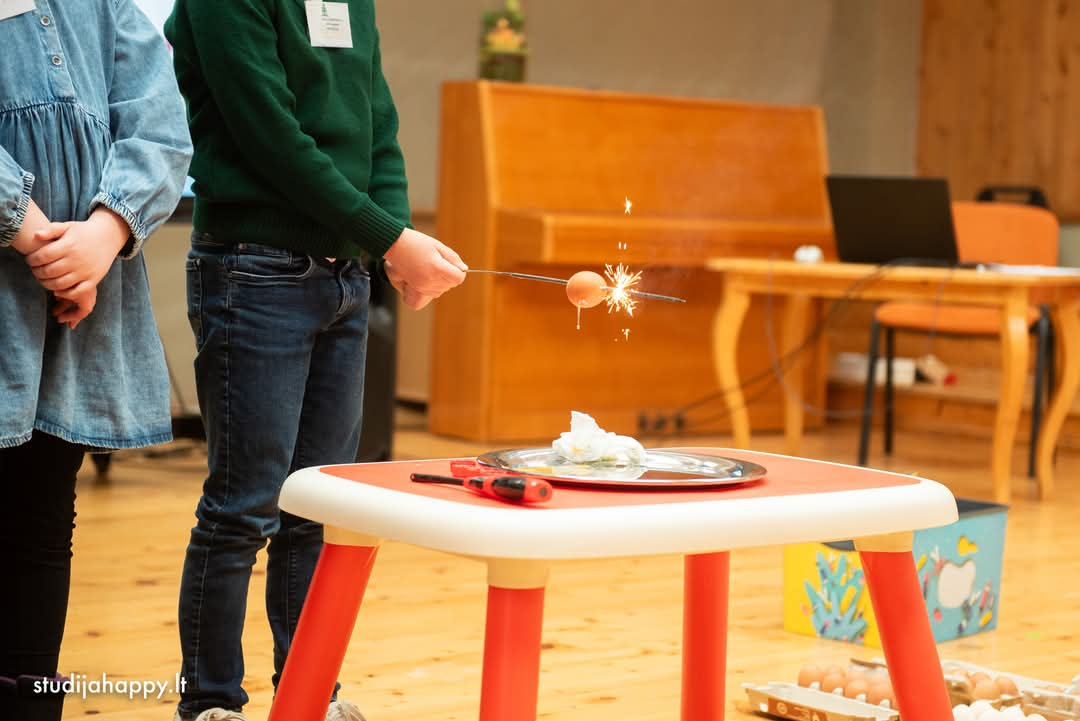
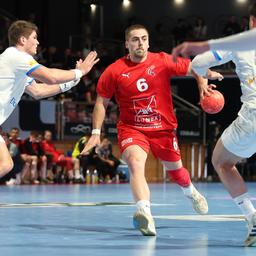
/s3/static.nrc.nl/images/gn4/stripped/data131884150-bbb2cd.jpg)
